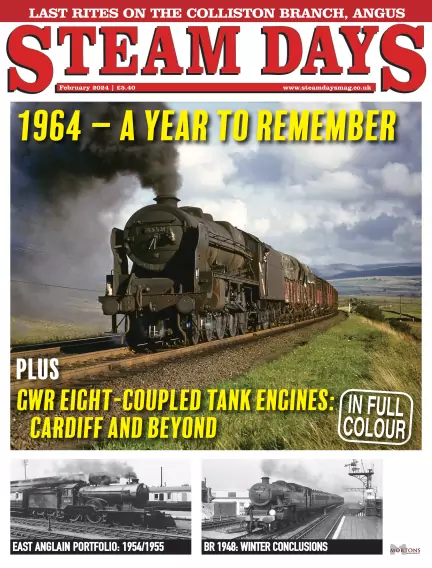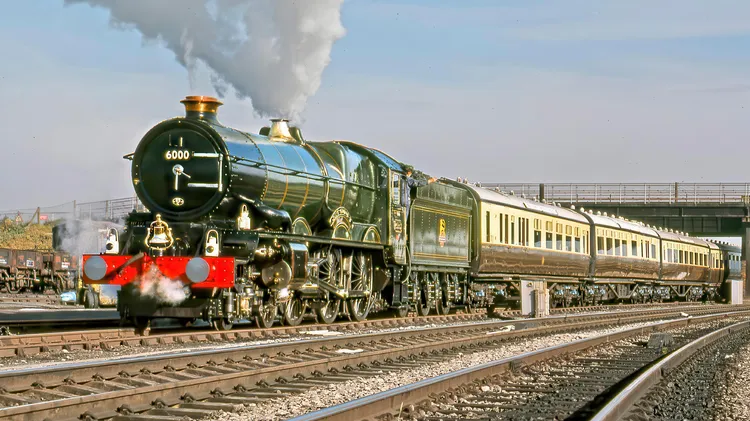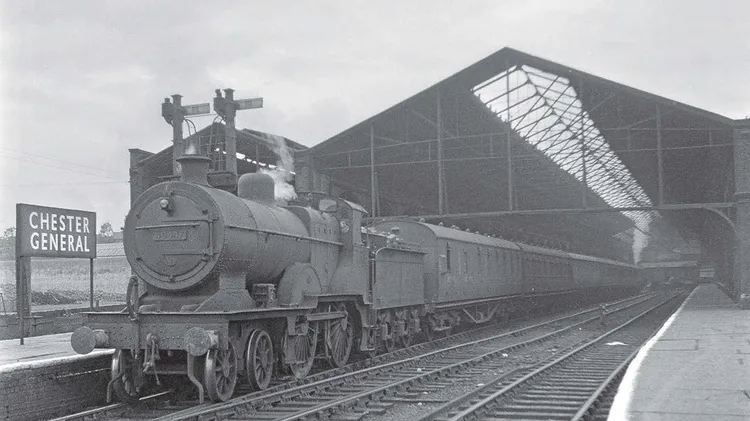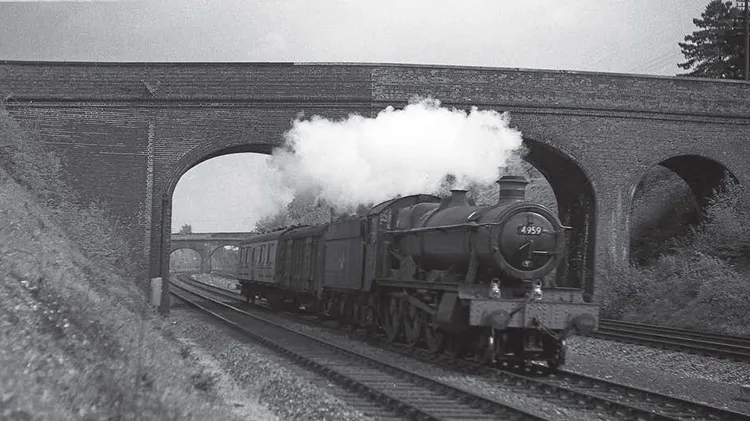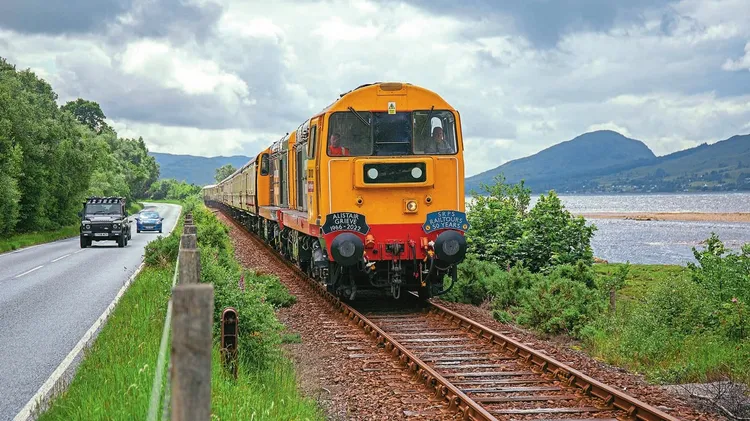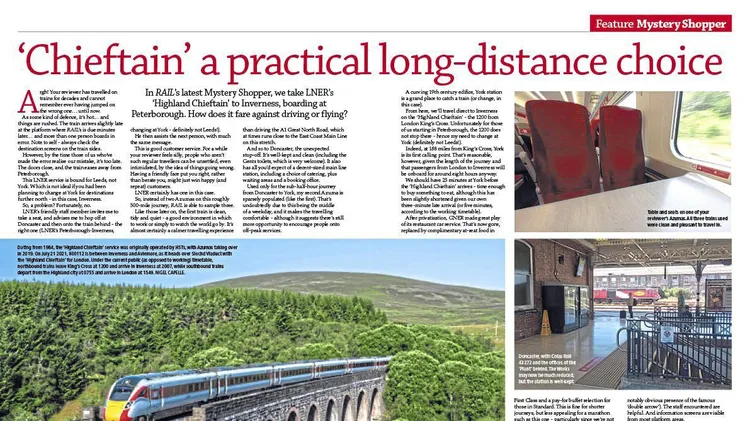A mix of some ‘not to miss’ tours on the Western and Eastern R
1964 – a year to remember
25 min read
This article is from...
Read this article and 8000+ more magazines and newspapers on Readly
